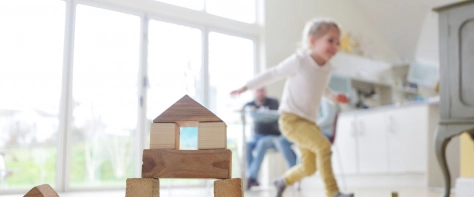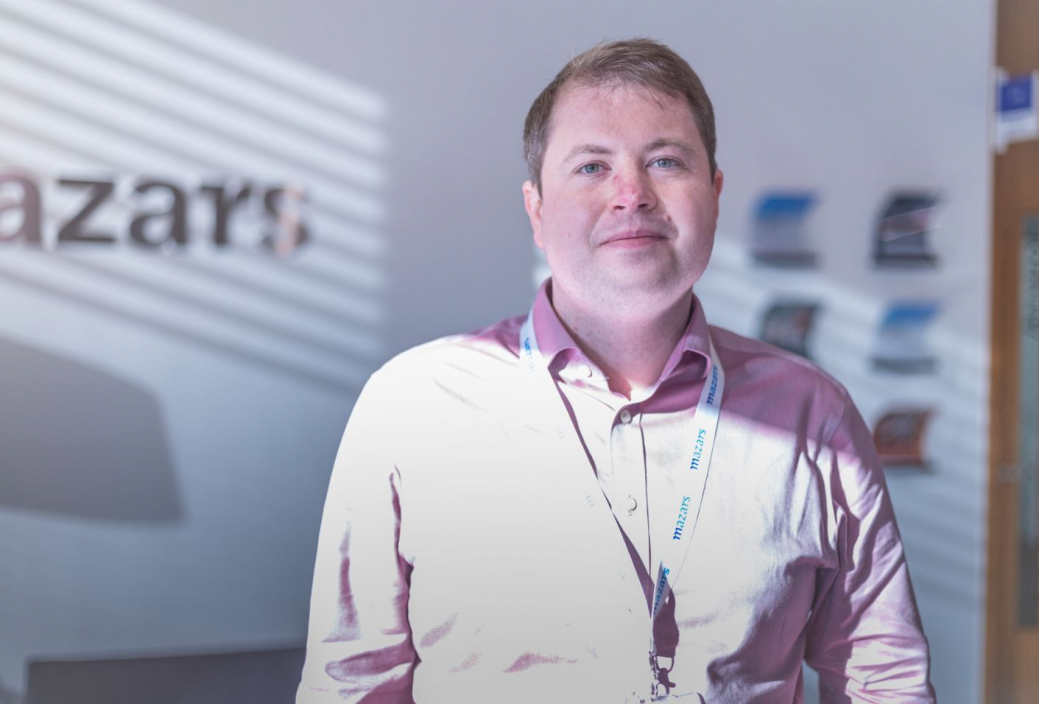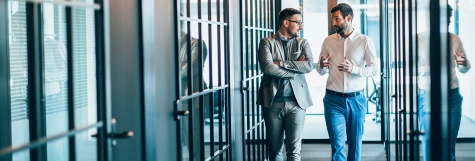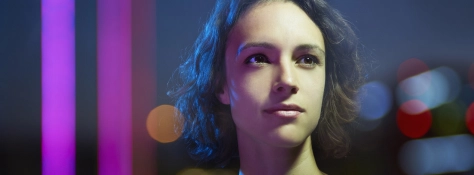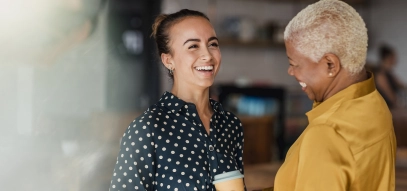My name is David and I joined Mazars in November 2020 following an internal auditor role in the financial services sector.
More than a label
In April 2017 I was diagnosed with high-functioning autism and in March 2020, with ADHD. With a career in internal audit and a law degree, I wasn’t a likely candidate for either diagnosis. For instance, the ONS have recently confirmed that 22% of autistic adults are in some form of employment and many more report challenges entering the workforce. Although I’ve struggled throughout my life, I was part of a growing number of people who had found ways to manage.
Following my diagnoses, it was important to understand myself and learn how to navigate misconceptions. This included looking at strategies such as limiting the impact of the office environment, taking time out when needed and utilising technology. Limiting stressors have proven to be valuable, allowing me more time and energy to develop as a professional. A diagnosis is often treated like a label, overshadowing personal growth and achievement potential. But we are more than our challenges and limitations.
Neurodiversity in the professional workplace
In May 2019 I formed the Neurodivergent Professional Network which aims to connect professionals with a neurodevelopmental condition. Alongside other initiatives and networks, people are coming forward with the aim to help themselves and others. I have met professionals in the Civil Service, Investment Banking, Teaching, Accounting, Journalism, Medicine and Academia. It serves as a powerful reminder that neurodiverse people operate and contribute to society.
Since joining Mazars, it has been reassuring to know that there is a commitment to inclusion and diversity, which is shown by openness from colleagues about their intrinsic differences. I serve on Speakeasy Network Committee, which primarily aims to champion all kinds of disability. As a neurodiversity ambassador, I raise awareness of conditions alongside the impacts on daily life.
My advice to any neurodiverse person is:
- Understand your personality and your strengths. Working to your strengths can help with developing your career and reduce stressors.
- Seeking help is an important strategy for your wellbeing and productivity.
- Feedback can feel scary but is important, it can be a positive affirmation of your contribution, identify areas where help may be needed and highlight areas of growth/development.
- Consider joining a disabled/neurodiverse staff network. Neurodiversity touches many lives and you’re likely to meet other neurodiverse people.
